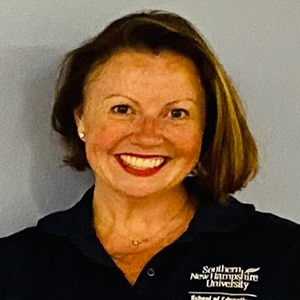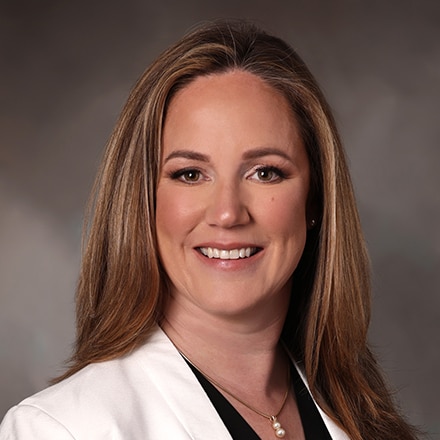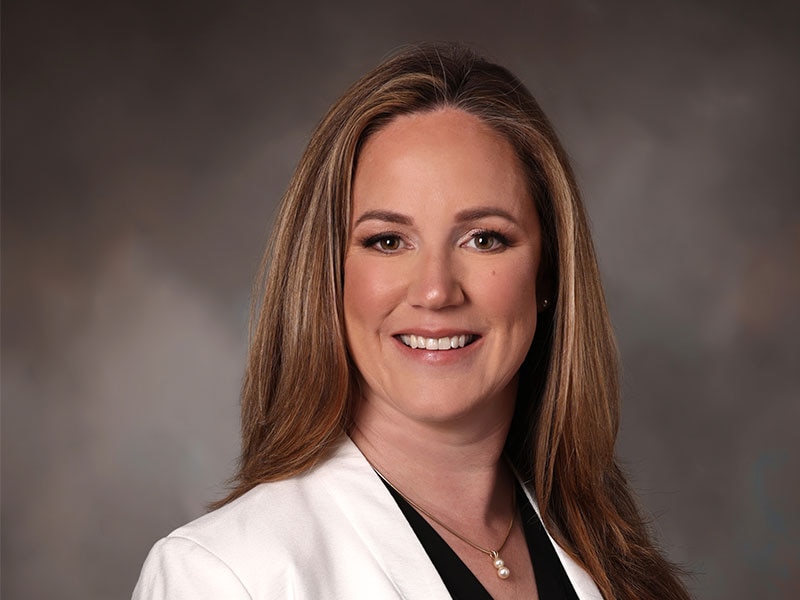MEd in Secondary Education New England field-based learning

Program Overview Why get a secondary education degree?
Teach for impact with a Master of Education (MEd) in Secondary Education from Southern New Hampshire University. In this 36-credit, 13-month clinical master's in education program, you'll build skills needed to teach English, mathematics, science and social studies. Plus, you’ll work with students between grades 5-12 from the very start of your program, spending a full school year with practicing educators in local schools.
Skills you'll learn:
- Education concepts and principles
- Integrating tools of inquiry
- Using technology for learning
- Building inclusive classroom cultures
- Cultural sensitivity
- Effective and ethical leadership
* Students enrolled in the MED.SEC may be eligible to receive up to $29,360.08 in educational awards and living allowance stipends via a partnership with AmeriCorps. Please see below for additional information.

Courses & Curriculum Teach the next generation with field-based education courses
Courses in this full-time, New Hampshire based MEd program were designed to prepare you to become a secondary school classroom teacher. This master’s degree program is a campus cohort, residency-based model that begins in June of each year. With four academic terms, the program takes a total of 13 months.* Every candidate of the program earns a Certificate in Trans-Disciplinary Competencies in addition to two STEM education digital badges. At the end of this program, you’ll have earned a teaching certification specializing in 1 of 5 content areas:
- English language arts for grades 5-12
- Mathematics teaching – middle level
- Mathematics teaching – upper level
- Science for grades 5-8
- Social studies for grades 5-12
*Time to completion based on full-time enrollment, with courses taken continuously.
Learn from instructors with industry experience
Our faculty bring with them decades of knowledge and experience in education, which informs the development of SNHU’s courses and curriculum. They look forward to supporting your journey both in the classroom and as you work toward a career in your field.
Amanda Murchison
Position
Assistant Professor, Middle and Secondary Education
Joined SNHU
2020
Education
- EdD in Education Leadership from Southern New Hampshire University
- MEd in Secondary English Education from Southern New Hampshire University
- BA in American Literature from Middlebury College
Dr. Amanda Murchison joined SNHU as an adjunct instructor in 2020 and transitioned to an assistant professor of middle and secondary education role in 2022. Previously, she served as a teacher of English and an online academy liaison at Goffstown High School. She has earned various awards and honors, including being selected as a National Honor Society Honoree at Goffstown High School and being awarded the NCTE Leadership Development Award for New Teachers (NH chapter). She has given presentations on topics such as gender equity prioritization and reading strategies.
Abigail Bergen
Position
Assistant Professor, General Special Education | Department Chair, Education
Joined SNHU
2022
Education
- PhD in Leadership and Learning from Rivier University
- MEd in Moderate Disabilities 5-12 from Salem State College
- BA in English from Johnson State College
Prior to joining SNHU in 2022 as an assistant professor of general special education, Dr. Abigail Bergen served as an associate director of support services in the Kearsarge regional school district. Bergen has completed publications and presentations on the topic of special education, and has been recognized with the Emerging Leader Award from the New Hampshire Association of Special Education Administrators. Bergen was also accepted by the International Symposium on Education (ISED) to be a member of the active research team in Belize in June 2023.
To learn more about SNHU faculty, visit our campus faculty page.
Campus major courses
You’ll take major courses that provide you with a solid foundation in your area of study – in some cases featuring experiential or project-based learning opportunities, labs, simulations and internships. These courses will allow you to learn a wide variety of topics and help prepare you for a role in your desired field.
Courses may include:
Visit the course catalog to view the full MEd in Secondary Education curriculum.
Real Field Experience
This program strongly supports candidates’ development of equity, inclusion and cultural competence. Our partner district is Manchester, NH, and during the school year, members are partnered full-time with a mentor teacher in their certification area. You'll also work with 5-12 students in a summer camp-based experience. Each term, a trio of SNHU faculty, as well as the Manchester school-based clinical educators, support candidates to grow and develop their commitment to students, content knowledge and teaching skills.
Licensure & Disclosure Information
The MEd in Educational Studies is a non-licensure program designed for students who wish to pursue a graduate degree in education but are not seeking a New Hampshire teacher licensure recommendation from SNHU. This program equips students with the knowledge, skills, and educational foundations necessary for a variety of non-licensed roles within the field of education.
Southern New Hampshire University cannot guarantee licensure, certification, endorsement or salary benefits. View disclosure information.
The secondary certification programs listed below are fully approved by the New Hampshire State Board of Education and have earned CAEP accreditation:
- English language arts for grades 5-12
- Mathematics teaching – middle level
- Mathematics teaching – upper level
- Science for grades 5-8
- Social studies for grades 5-12
Take advantage of SNHU’s AmeriCorps Partnership
Master’s in Secondary Education students, in partnership with the AmeriCorps program called Manchester Excels, are eligible to receive stipends and other benefits throughout their enrollment – up to $29,360.08 in educational awards and living allowance stipends.
SNHU program requirements count as volunteer hours; additional requirements include training (e.g. to fill out a timesheet, cultural diversity) and “days of service” (e.g. 9/11, MLK day). Other students accepted into the program may be waitlisted for AmeriCorps benefits.
Can't wait? You don't have to!
Whether you’re looking to continue your education locally or traveling across the world to experience SNHU, you can apply now. We can’t wait to meet you!
Have questions? Visit our Contact Us page.
Next term starts:
June 29, 2026
Career Outlook What can I do with a secondary education degree?
In the field of secondary education, there are a variety of paths you could take. With the transferrable skills taught in this program, you could go on to work in industries both in and out of education. You'll build the skills you need to demonstrate to future employers you can collaborate effectively across content areas and design project-based learning (PBL) experiences for middle and high school students.
Career paths include:
- Teacher
- Instructional coach
- Learning and development specialist
- Educational trainer
Median annual wage nationally for secondary school teachers (except special and career/technical education) occupations as of May 2023, according to the U.S. Bureau of Labor Statistics (BLS).1 Statistic not based on wage data for SNHU graduates.
Understanding the numbers
When reviewing job growth and salary information, it’s important to remember that actual numbers can vary due to many different factors—like years of experience in the role, industry of employment, geographic location, worker skill and economic conditions. Cited projections are based on Bureau of Labor Statistics data, not on SNHU graduate outcomes, and do not guarantee actual salary or job growth.
School of Arts, Sciences and Education Learn about the School of Arts, Sciences and Education
From understanding why people behave the way they do, to studying and tackling today's environmental issues, the School of Arts, Sciences and Education serves as an academic hub for creativity, collaboration and learning. Here, you'll have the chance to gain real-world experience through internships, student teaching, lab work and community-based projects. From studying cells under a microscope or analyzing crime scenes to leading a student-teaching session in an elementary classroom, you’ll learn how the world works so you can help make it a better place.
Student teaching opportunities
Inkwell game design studio
State-of-the-art labs
Hear from us

I love being in the field with students. Learning and applying skills in real-time with a variety of experienced and talented faculty is what makes the education programs at SNHU stand out.
Abigail Bergen, Assistant Professor, General Special Education | Department Chair, Education
Accreditations
SNHU is accredited by the regional accreditor the New England Commission of Higher Education (NECHE). The university also carries specialized accreditations for some programs.
Graduate Education for Licensure Programs
The School of Arts, Sciences and Education at Southern New Hampshire University is granted accreditation at the initial licensure level by the Council for the Accreditation of Educator Preparation (1140 19th St NW, Suite 400 Washington, DC 20036; 202-223-0077). Additional information regarding the programs covered under this accreditation and the accountability measures can be found on our CAEP Accreditation page.


Sources & Citations
1Bureau of Labor Statistics, U.S. Department of Labor, Occupational Outlook Handbook, on the internet, at https://www.bls.gov/ooh/education-training-and-library/high-school-teachers.htm (viewed Oct. 18, 2024). Cited projections may not reflect local or short-term economic or job conditions and do not guarantee actual job growth.


